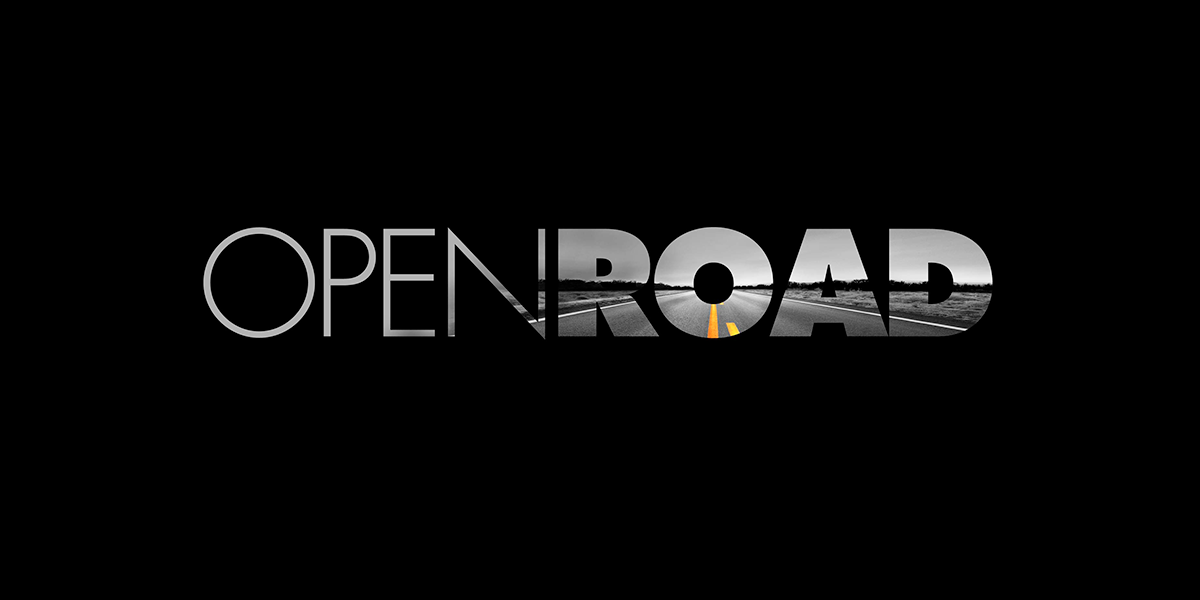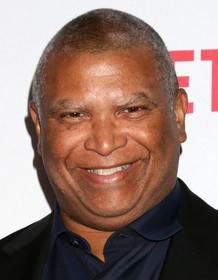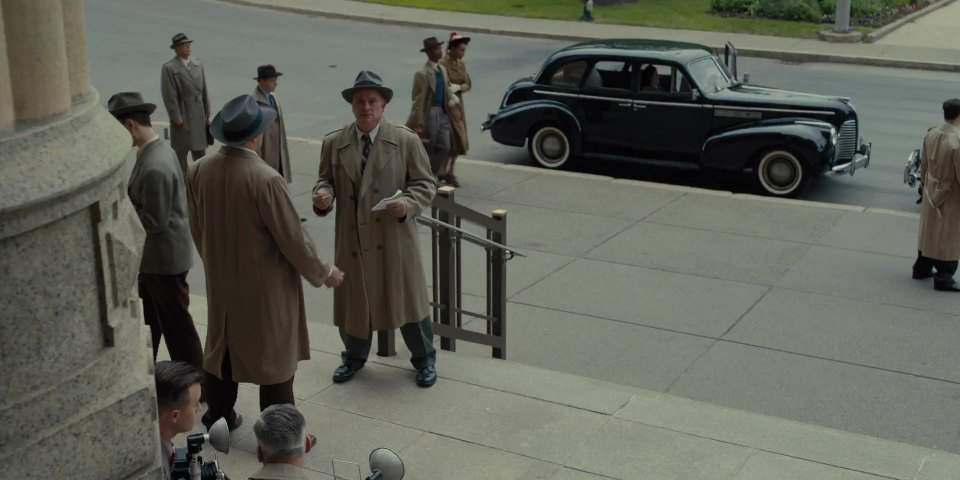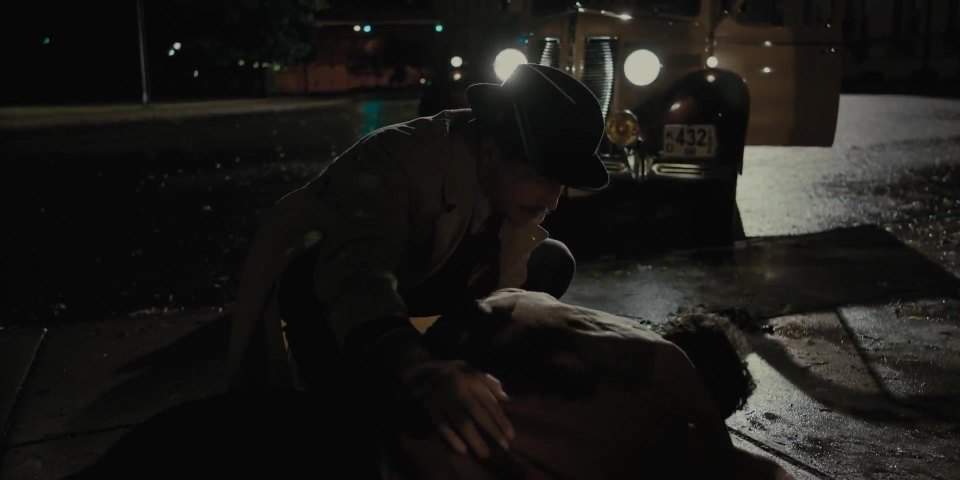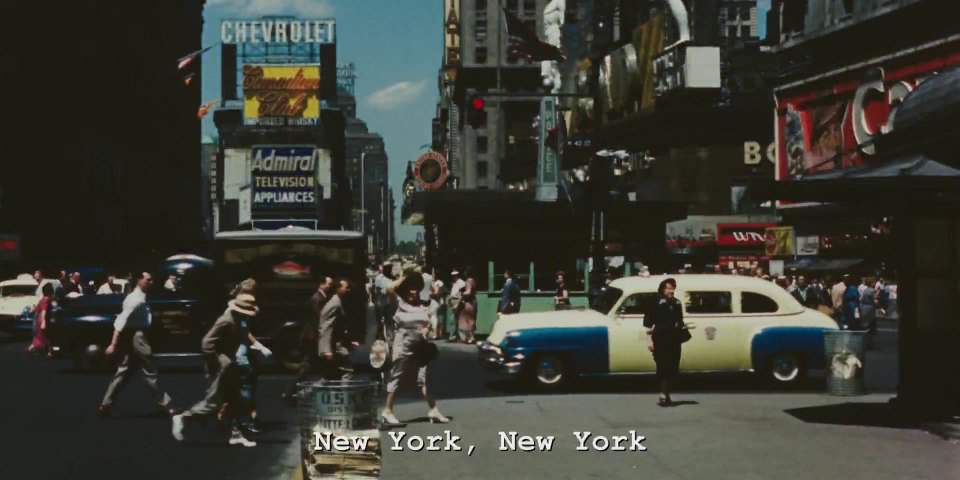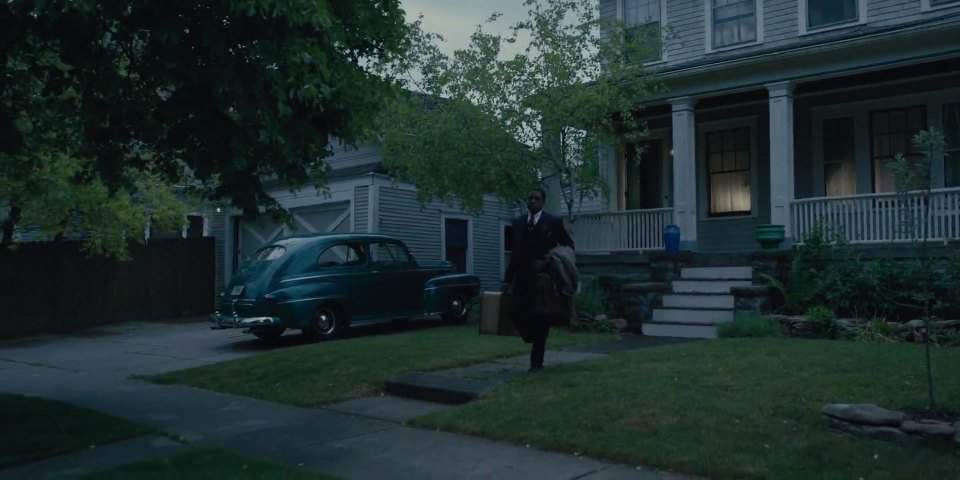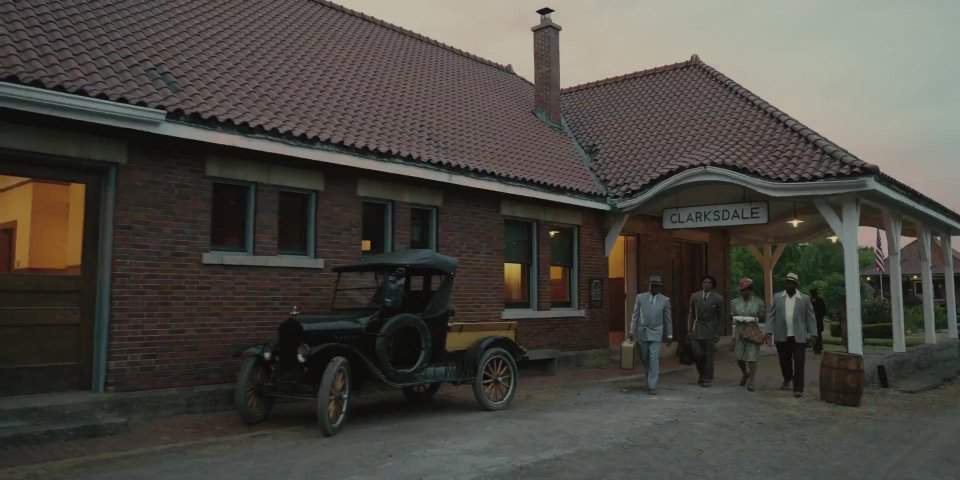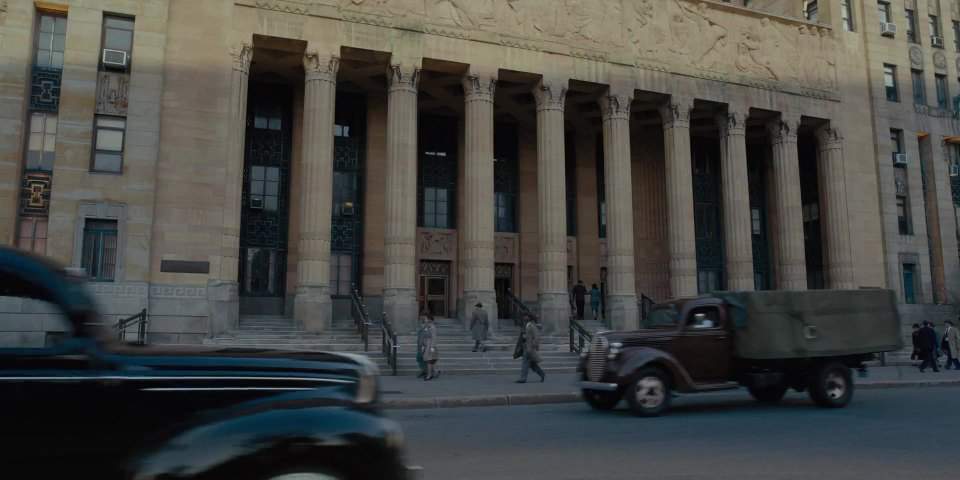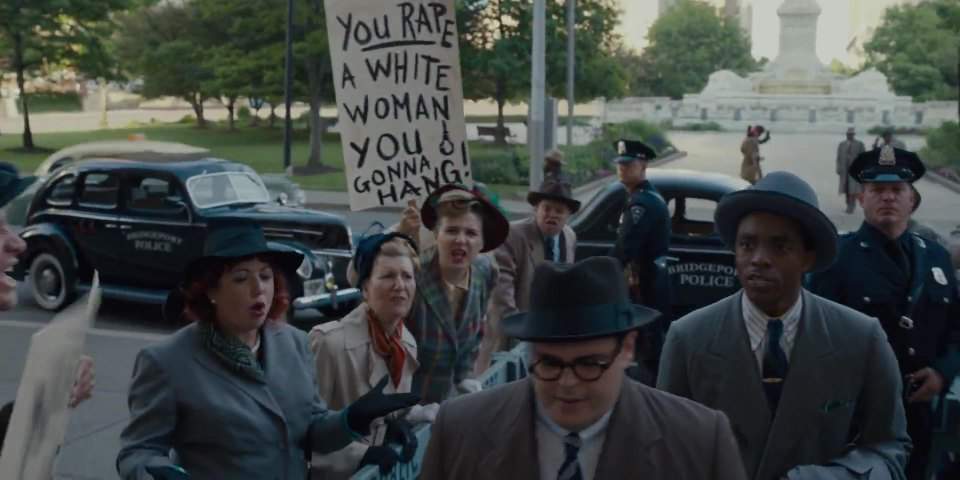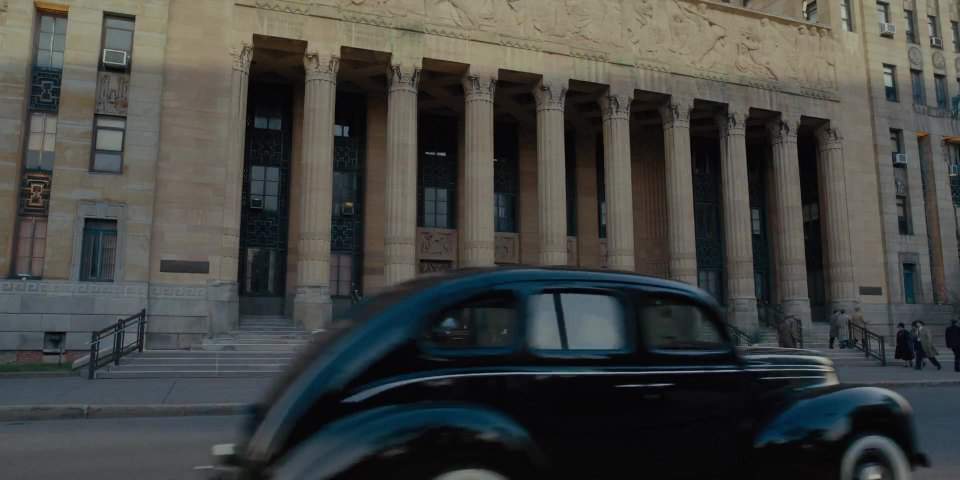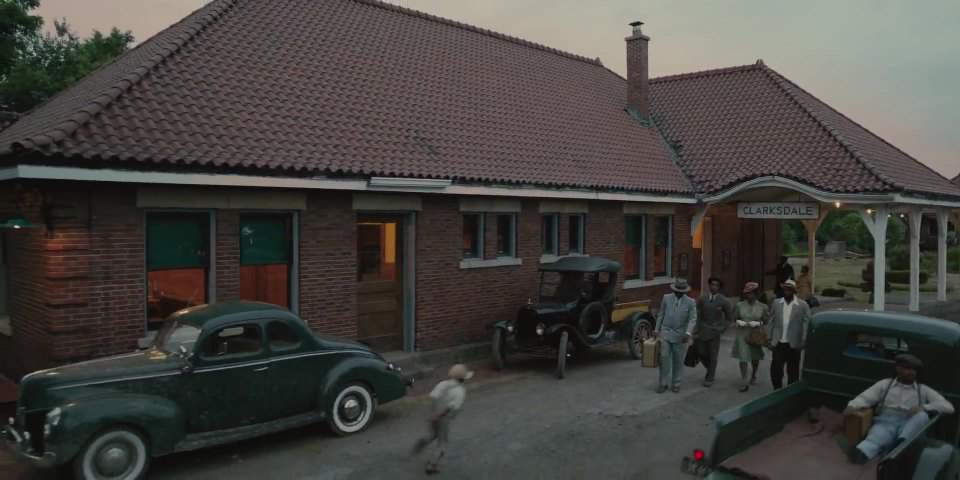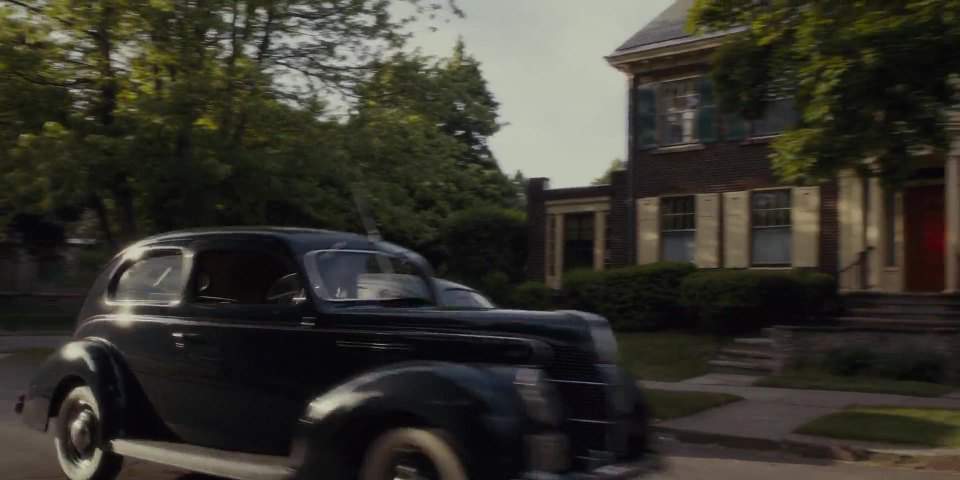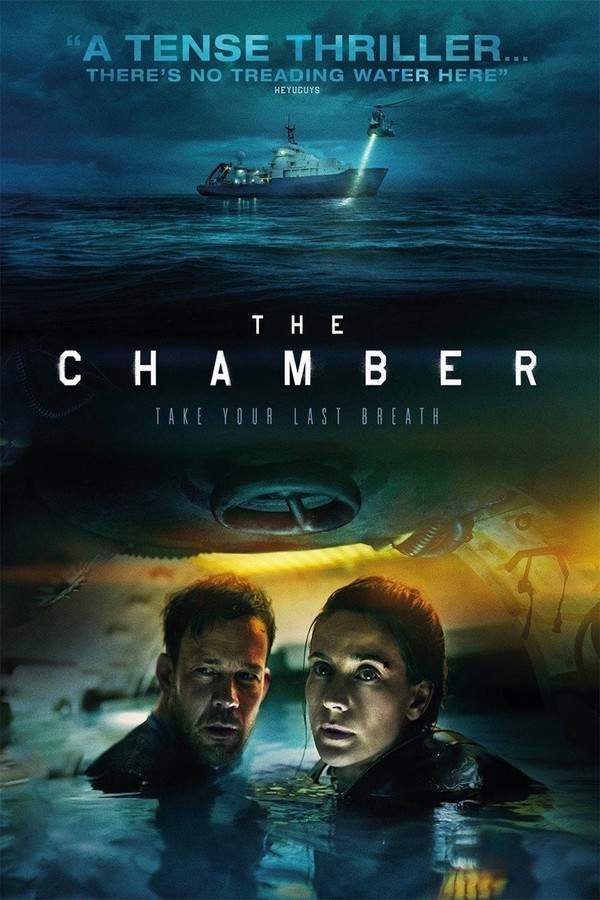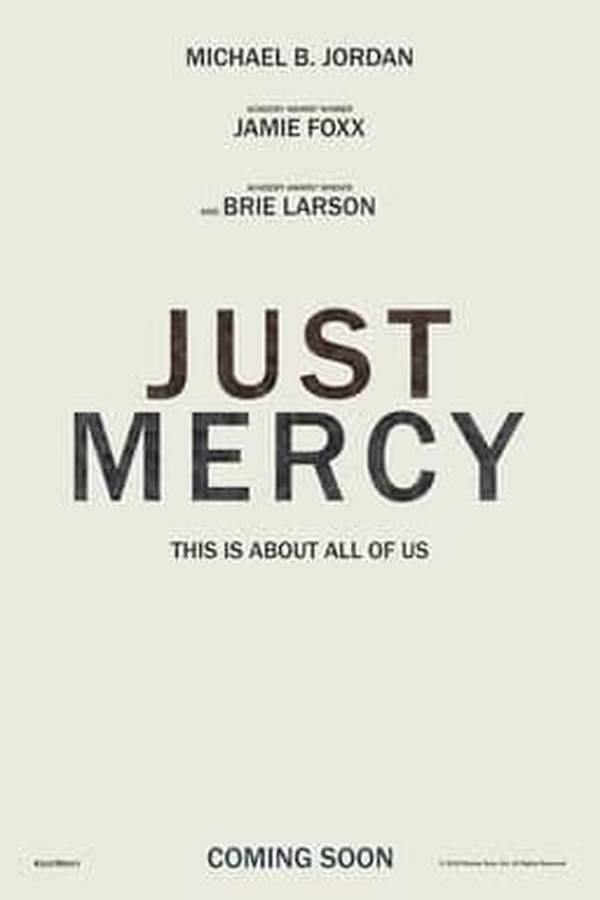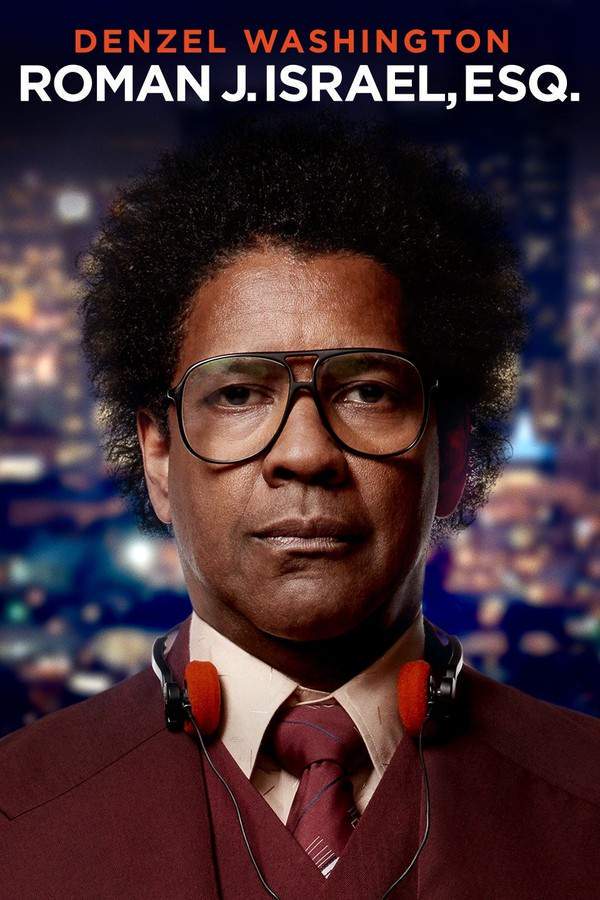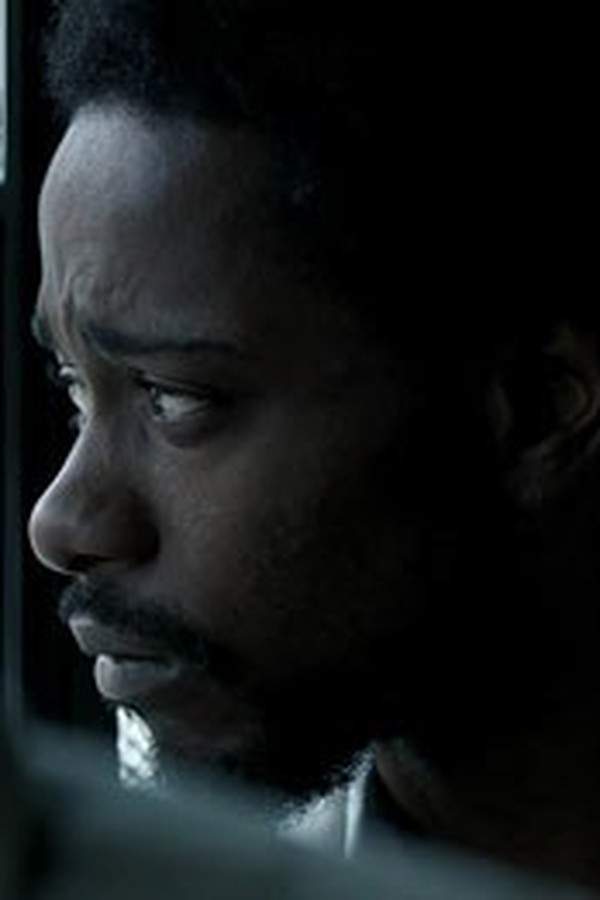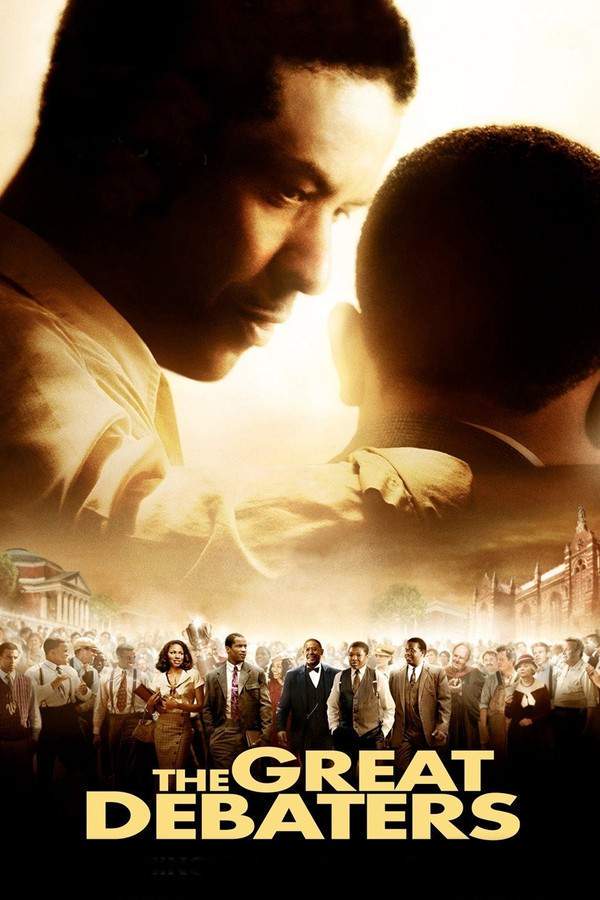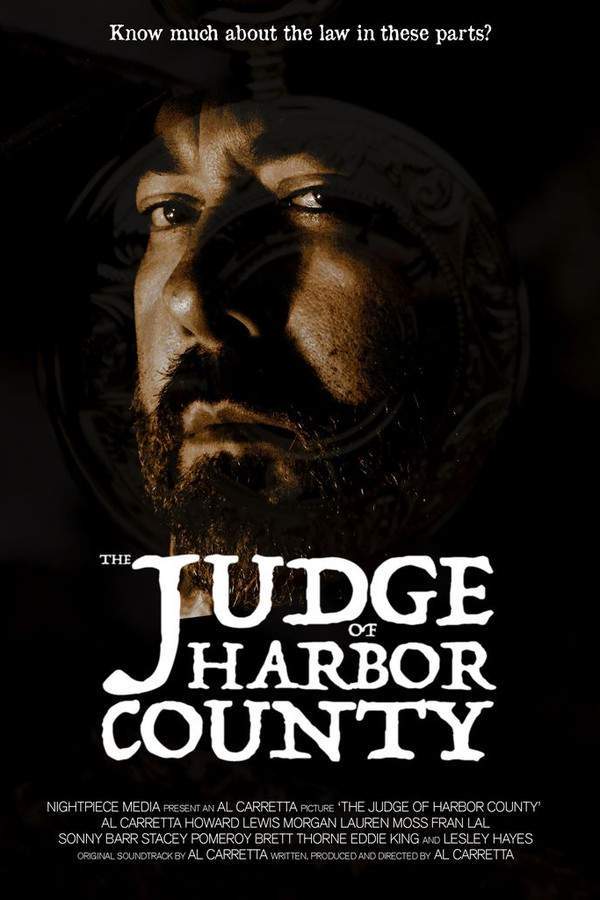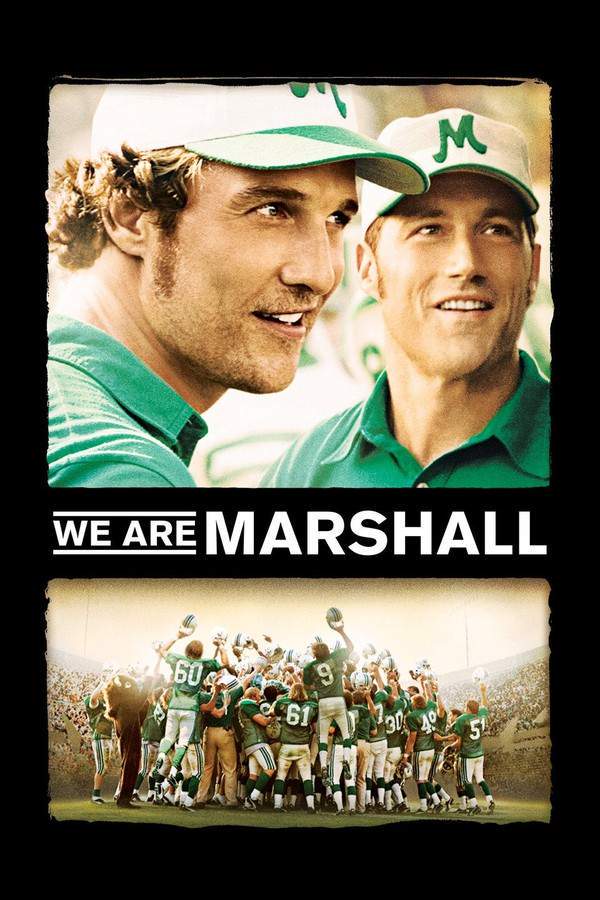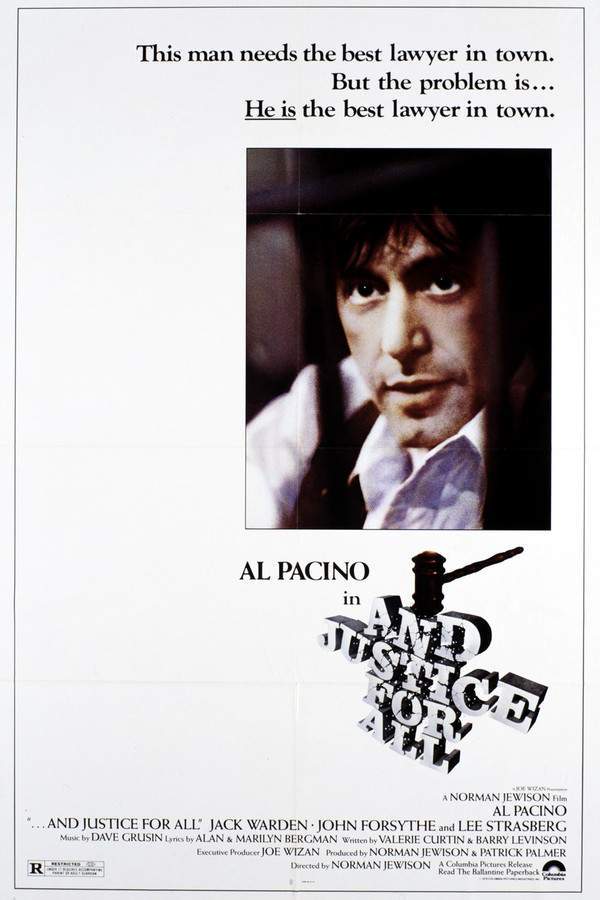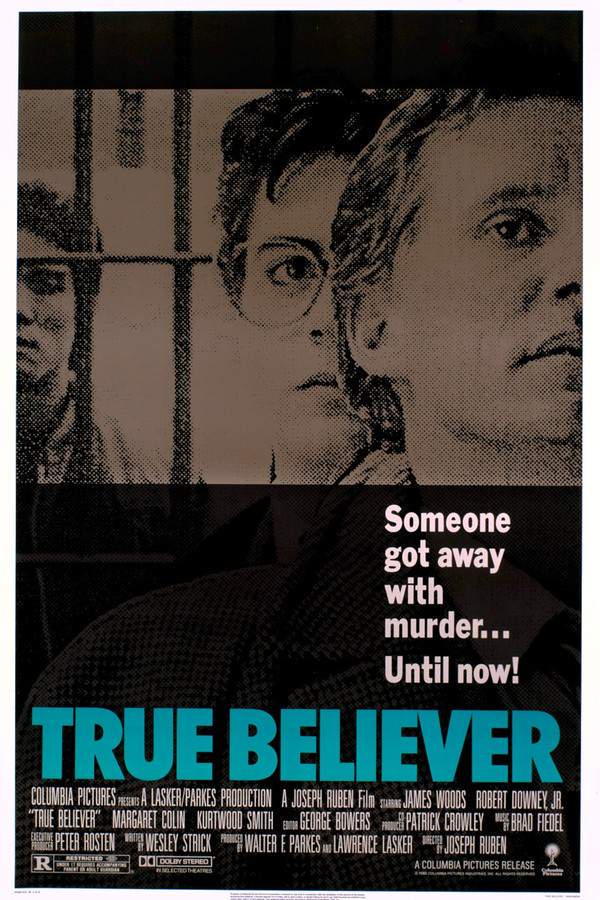Marshall 2017

A young Thurgood Marshall, already a prominent lawyer for the NAACP, finds himself facing a challenging case when he defends Joseph Spell, a black chauffeur accused of assault by his wealthy white employer. Partnered with an inexperienced lawyer, Sam Friedman, Marshall must overcome racial prejudice and systemic injustice to prove his client’s innocence. The legal battle tests Marshall’s skills and courage as he fights for justice in a deeply divided society.
Does Marshall have end credit scenes?
No!
Marshall does not have end credit scenes. You can leave when the credits roll.
Meet the Full Cast and Actors of Marshall
Explore the complete cast of Marshall, including both lead and supporting actors. Learn who plays each character, discover their past roles and achievements, and find out what makes this ensemble cast stand out in the world of film and television.

Chadwick Boseman
Thurgood Marshall

Sterling K. Brown
Joseph Spell

James Cromwell
Judge Foster

Barrett Doss
Bertha Lancaster

Ahna O'Reilly
Mrs. Richmond

Dan Stevens
Loren Willis
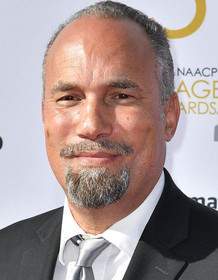
Roger Guenveur Smith
Walter White
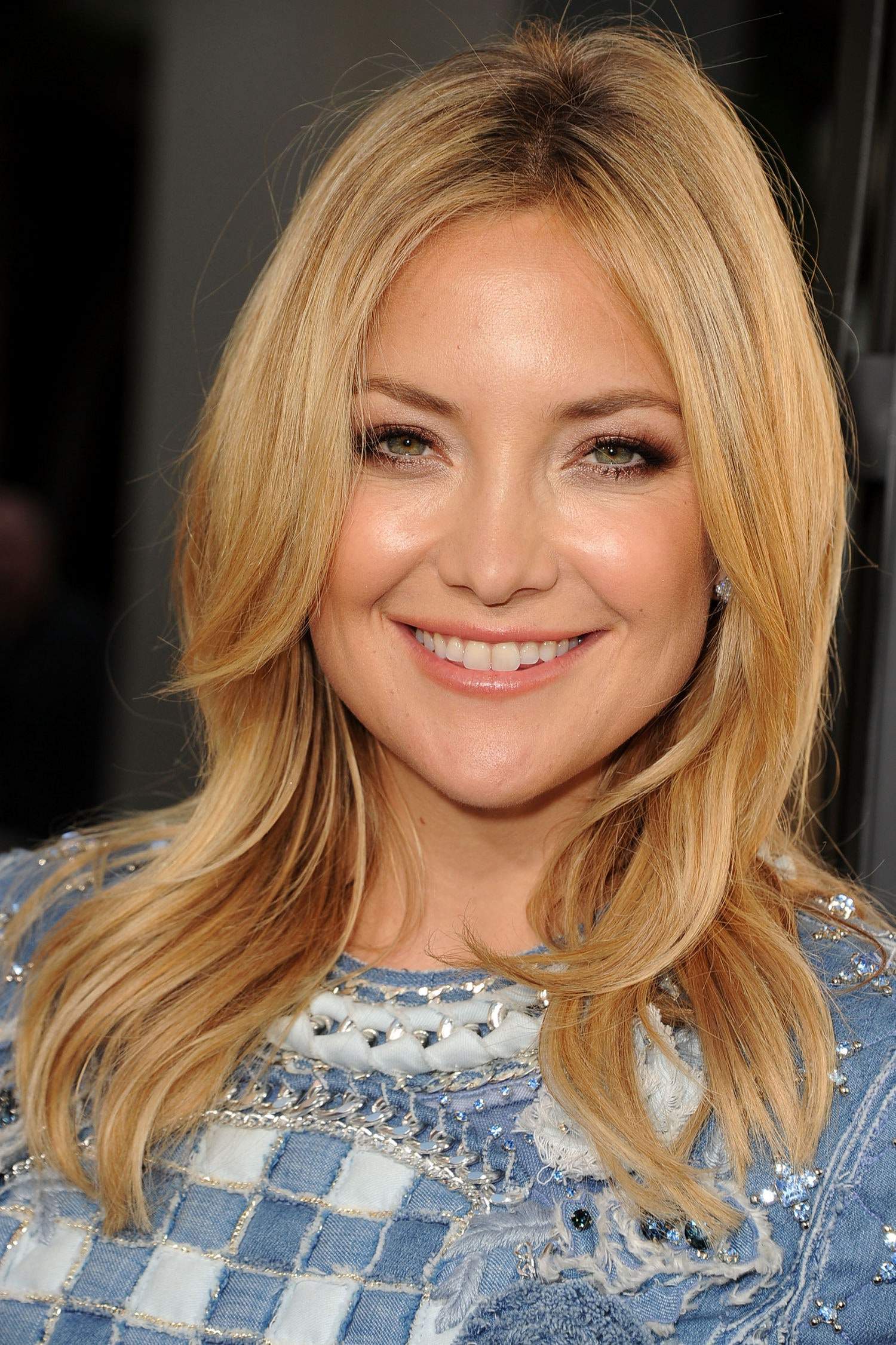
Kate Hudson
Eleanor Strubing
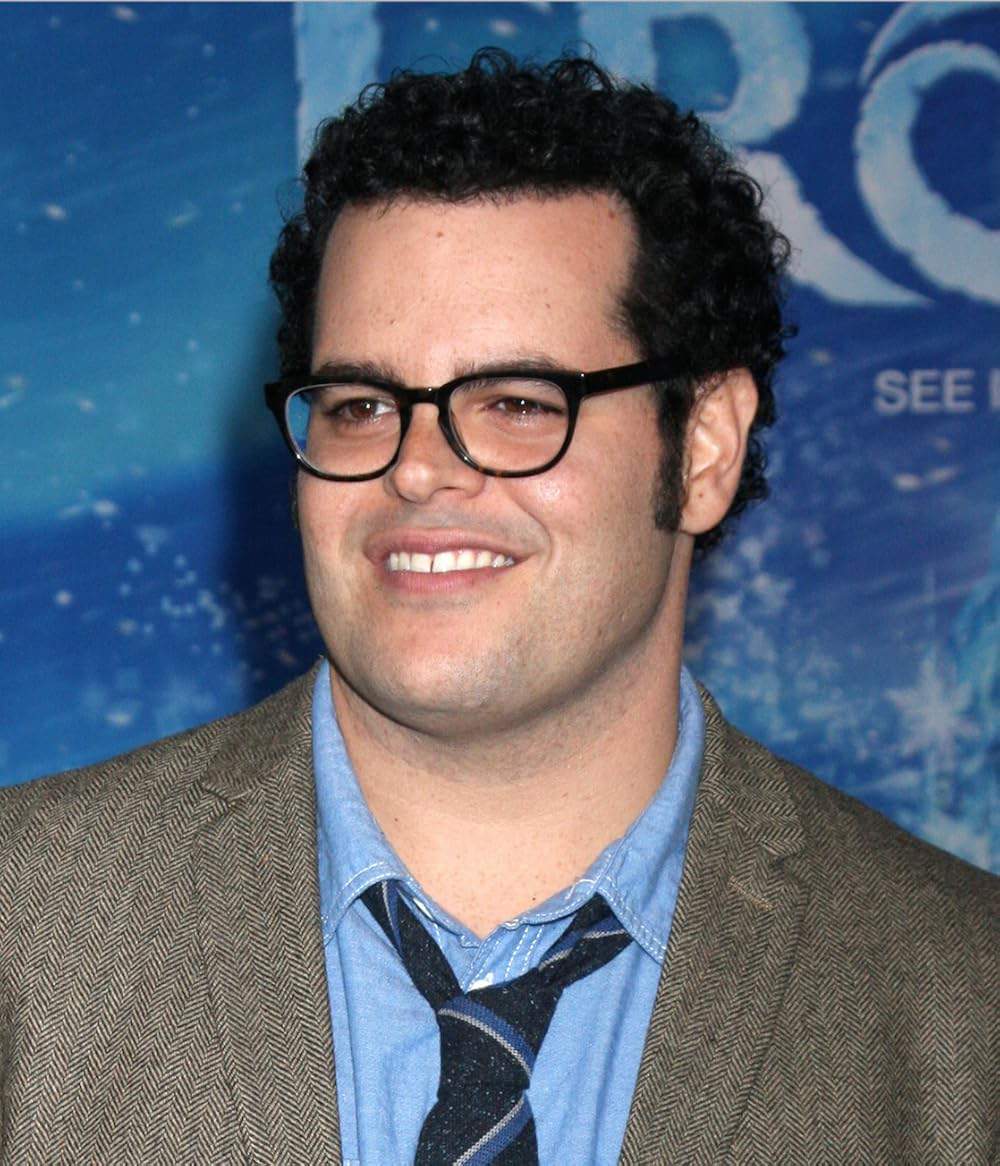
Josh Gad
Sam Friedman

Derrick Baskin
Ted Lancaster
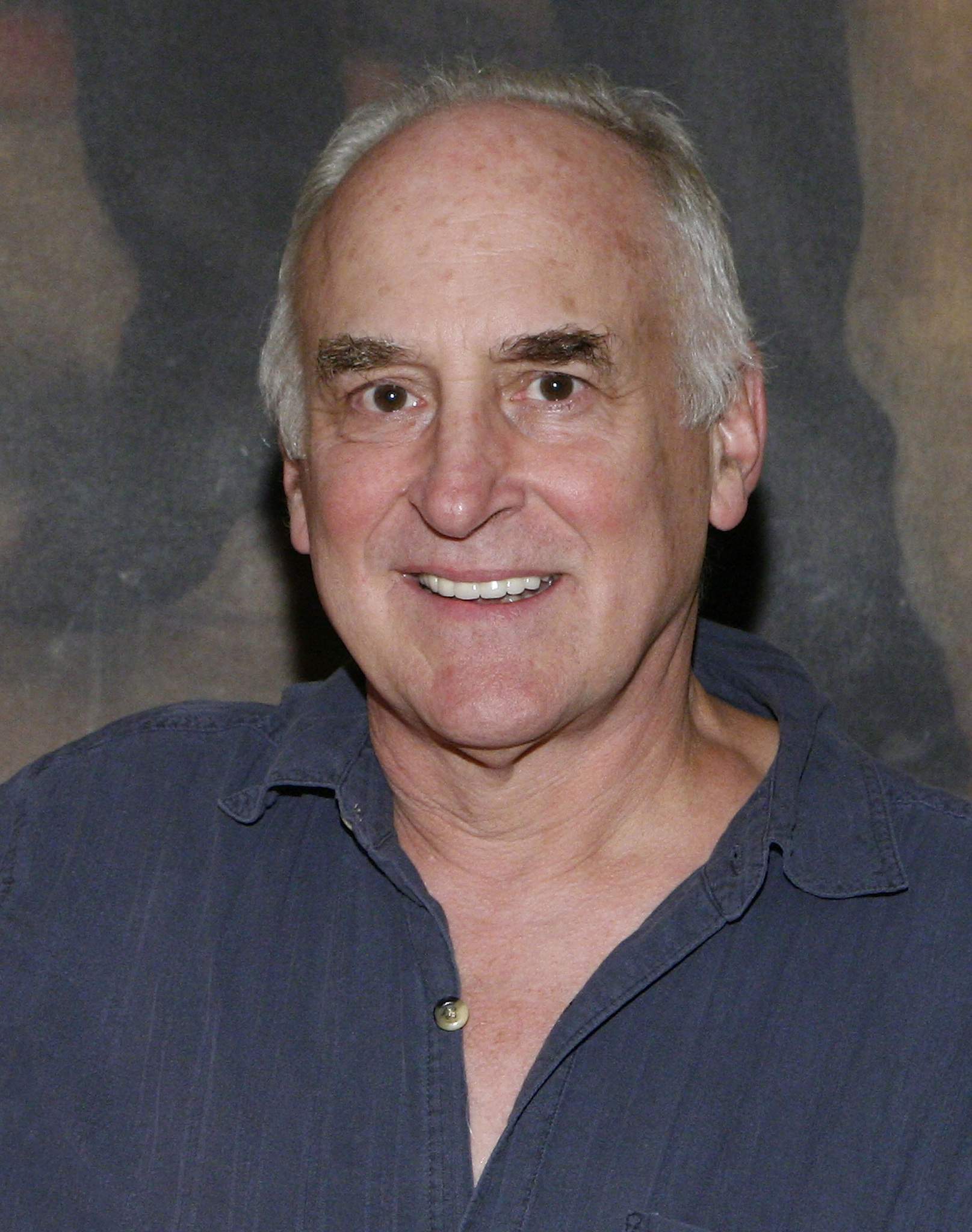
Jeffrey DeMunn
Dr. Sayer

Jussie Smollett
Langston Hughes

Keesha Sharp
Buster Marshall

Sophia Bush
External Links and Streaming Options
Discover where to watch Marshall online, including streaming platforms, rental options, and official sources. Compare reviews, ratings, and in-depth movie information across sites like IMDb, TMDb, Wikipedia or Rotten Tomatoes.
Ratings and Reviews for Marshall
See how Marshall is rated across major platforms like IMDb, Metacritic, and TMDb. Compare audience scores and critic reviews to understand where Marshall stands among top-rated movies in its genre.

The Movie Echo Score
Marshall delivers a compelling courtroom drama anchored by assured performances and clear narrative flow. The film excels in character portrayal and maintains steady pacing that keeps viewers engaged throughout key trial sequences. Visually, it employs a restrained period style that supports immersion despite occasional lack of flair. However, limited emotional nuance and a serviceable score moderate its impact. On balance, Marshall leaves a favorable impression through strong central work and narrative clarity.
The Movie Echo Score Breakdown for Marshall

Art & Craft
In terms of art and craft, Marshall employs a restrained visual approach that evokes the 1940s courtroom environment. The cinematography and production design create an immersive period atmosphere, while editing maintains narrative momentum. Direction is serviceable and effectively supports the story arc, though the overall look sometimes lacks distinctive flair. These elements combine to yield a competent but not groundbreaking aesthetic.

Character & Emotion
When it comes to character and emotion, Marshall is anchored by assured lead performances that convey conviction and tension. Chadwick Boseman and Josh Gad offer engaging portrayals, backed by a solid supporting cast. Emotional stakes are clear through courtroom exchanges, though deeper character nuance is limited. Overall, the ensemble work sustains viewer investment.

Story & Flow
In terms of story and flow, Marshall delivers a focused legal narrative that moves at a brisk pace through pivotal courtroom scenes. The plot is coherent and dialogue-driven, offering clear thematic resonance on justice and equality. However, the script occasionally leans on predictable beats and lacks deeper moral complexity, resulting in a solid yet conventional storyline.

Sensory Experience
When considering sensory experience, Marshall employs a muted score and unobtrusive sound design that supports dramatic tension without commanding attention. Visual style embraced a film noir influence, with subdued lighting and period-appropriate production design enhancing immersion. While these choices reinforce authenticity, the soundtrack and overall soundscape lack distinctive moments, yielding an effective but understated sensory impact.

Rewatch Factor
In terms of rewatch factor, Marshall’s concise trial narrative and strong performances sustain interest on repeat viewings. The clear thematic focus and courtroom pacing remain engaging, though the film’s reliance on procedural beats and limited narrative surprises may reduce long-term novelty. Ultimately, it offers moderate replay value rooted in its central drama.

66
Metascore
6.7
User Score


80%
TOMATOMETER

84%
User Score

7.3 /10
IMDb Rating

73
%
User Score

3.4
From 20 fan ratings

3.38/5
From 8 fan ratings
Take the Ultimate Marshall Movie Quiz
Challenge your knowledge of Marshall with this fun and interactive movie quiz. Test yourself on key plot points, iconic characters, hidden details, and memorable moments to see how well you really know the film.
Marshall Movie Quiz: Test your knowledge on the film 'Marshall', which follows Thurgood Marshall's legal battles to defend the wrongly accused in a racially charged case.
What year does the movie 'Marshall' take place?
1941
1950
1965
1939
Show hint
Awards & Nominations for Marshall
Discover all the awards and nominations received by Marshall, from Oscars to film festival honors. Learn how Marshall and its cast and crew have been recognized by critics and the industry alike.
90th Academy Awards 2018
Music (Original Song)
23rd Critics' Choice Awards 2018
Best Song
Full Plot Summary and Ending Explained for Marshall
Read the complete plot summary of Marshall, including all major events, twists, and the full ending explained in detail. Explore key characters, themes, hidden meanings, and everything you need to understand the story from beginning to end.
In April 1941, Thurgood Marshall, played by Chadwick Boseman, serves as an impassioned attorney for the NAACP, embarking on a mission to defend individuals of color who face unjust accusations due to rampant racial bias. Upon returning to his office in New York City, he is swiftly dispatched to Bridgeport, Connecticut. Here, he is tasked with the defense of Joseph Spell, portrayed by Sterling K. Brown, a chauffeur accused of raping his white employer, Eleanor Strubing, played by Kate Hudson. This sensational case has captured the attention of the media, amplifying the stakes involved.
In Bridgeport, Marshall encounters Sam Friedman, played by Josh Gad, who is reluctantly assigned by his brother to assist in securing Marshall’s admission to the local bar. The situation is complicated when Judge Foster, played by James Cromwell, a friend of the prosecutor Lorin Willis portrayed by Dan Stevens, grudgingly allows Marshall to represent Spell but with a strict limitation—Marshall cannot speak during the trial. As a result, Friedman must take the lead in defending Spell, relying heavily on Marshall’s guidance through notes and advice. One key piece of Marshall’s counsel is allowing a strong-willed Southern white woman onto the jury, whose assertiveness might be beneficial for their case.
Throughout the trial, Spell maintains his innocence, claiming he never engaged in any sexual activity with Strubing. He leads Marshall and Friedman to a patrolman who encountered him while he was driving Strubing’s vehicle the night in question. Together, they investigate the inconsistencies in Strubing’s allegations that Spell had tied her up in the back seat of her car after committing rape and attempted to dispose of her body at a bridge. The defense team is perplexed by why Spell purportedly would the throw her into the calm waters rather than the rapids.
Initially, Spell considers a plea deal presented by Willis, yet Marshall persuades him to refuse. During the trial, however, a doctor’s testimony reveals crucial evidence—skin fragments found under Strubing’s fingernails and contusions on her body. In a dramatic turn, Strubing herself asserts in court that she was bound in the backseat when the police officer apprehended Spell. This startling revelation compels Marshall and Friedman to press Spell for the truth, which ultimately leads him to admit that he lied about their encounter.
Spell’s testimony unveils a tragic backstory; he explains that Strubing’s husband was the source of her bruises caused by ongoing abuse. On that fateful night, when Spell sought financial help from Strubing, she was distressed and consented to have sex with him. However, upon realizing the implications of her actions, Strubing panicked, leading to a series of events where she attempted to end her life after falsely accusing Spell of rape. In this tense courtroom drama, Spell reveals the harrowing truth: black men in Louisiana often face brutal consequences for relationships with white women, which compounds his fear of being accused.
Despite Judge Foster’s visible discomfort and the shocked reactions of the jury members, he permits Spell’s testimony to remain, adding a new layer of tension as they await the outcome. Before the verdict is announced, Marshall must depart for a case in Mississippi, leaving Friedman to navigate the final stages of the trial alone. Embracing newfound confidence, Spell dismisses an alternative plea bargain offered by Willis.
The following day, Marshall and Friedman finalize the closing arguments, which Friedman must subsequently present solo. Encouragingly, the jury is led by a Southern white woman, who ultimately delivers a shocking “not guilty” verdict. The courtroom erupts in applause, propelling Spell into a state of happiness and relief. Over the phone, Friedman shares the jubilant news with Marshall, who is preparing for his next legal battle.
As the closing credits roll, we learn that Friedman continued his vital work in numerous civil rights cases, and Marshall’s legacy grows as he becomes a pivotal figure in the American Civil Rights Movement, later achieving the distinction of being the first African American Justice on the Supreme Court of the United States.
Uncover the Details: Timeline, Characters, Themes, and Beyond!

Coming soon on iOS and Android
The Plot Explained Mobile App
From blockbusters to hidden gems — dive into movie stories anytime, anywhere. Save your favorites, discover plots faster, and never miss a twist again.
Sign up to be the first to know when we launch. Your email stays private — always.
Watch Trailers, Clips & Behind-the-Scenes for Marshall
Watch official trailers, exclusive clips, cast interviews, and behind-the-scenes footage from Marshall. Dive deeper into the making of the film, its standout moments, and key production insights.
Cars Featured in Marshall
Explore all cars featured in Marshall, including their makes, models, scenes they appear in, and their significance to the plot. A must-read for car enthusiasts and movie buffs alike.
Marshall Themes and Keywords
Discover the central themes, ideas, and keywords that define the movie’s story, tone, and message. Analyze the film’s deeper meanings, genre influences, and recurring concepts.
Marshall Other Names and Titles
Explore the various alternative titles, translations, and other names used for Marshall across different regions and languages. Understand how the film is marketed and recognized worldwide.
Similar Movies To Marshall You Should Know About
Browse a curated list of movies similar in genre, tone, characters, or story structure. Discover new titles like the one you're watching, perfect for fans of related plots, vibes, or cinematic styles.
Quick Links: Summary, Cast, Ratings, More

What's After the Movie?
Not sure whether to stay after the credits? Find out!
Explore Our Movie Platform
New Movie Releases (2025)
Famous Movie Actors
Top Film Production Studios
Movie Plot Summaries & Endings
Major Movie Awards & Winners
Best Concert Films & Music Documentaries
Movie Collections and Curated Lists
© 2025 What's After the Movie. All rights reserved.


